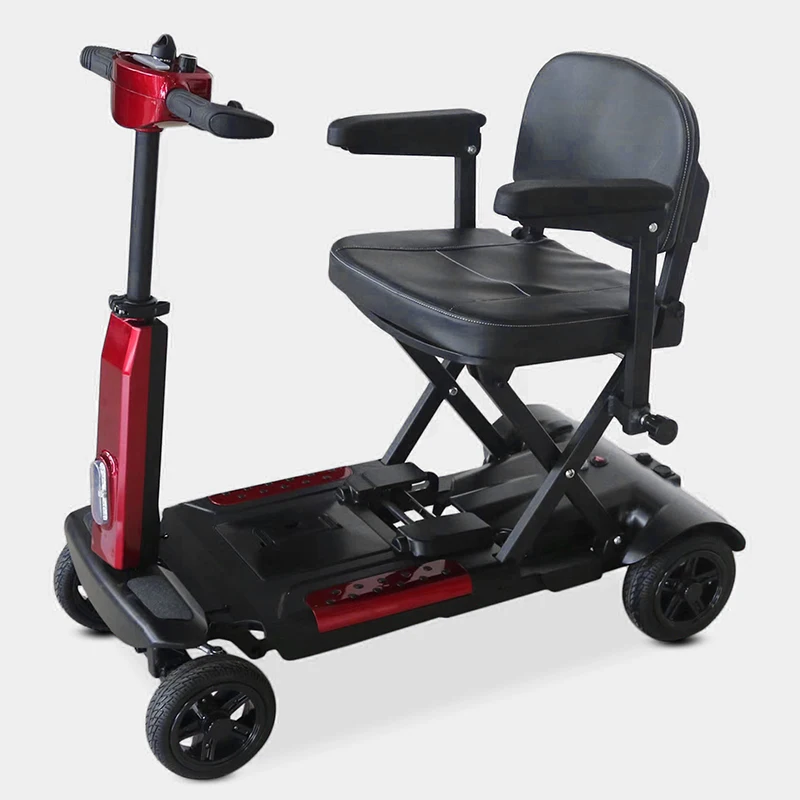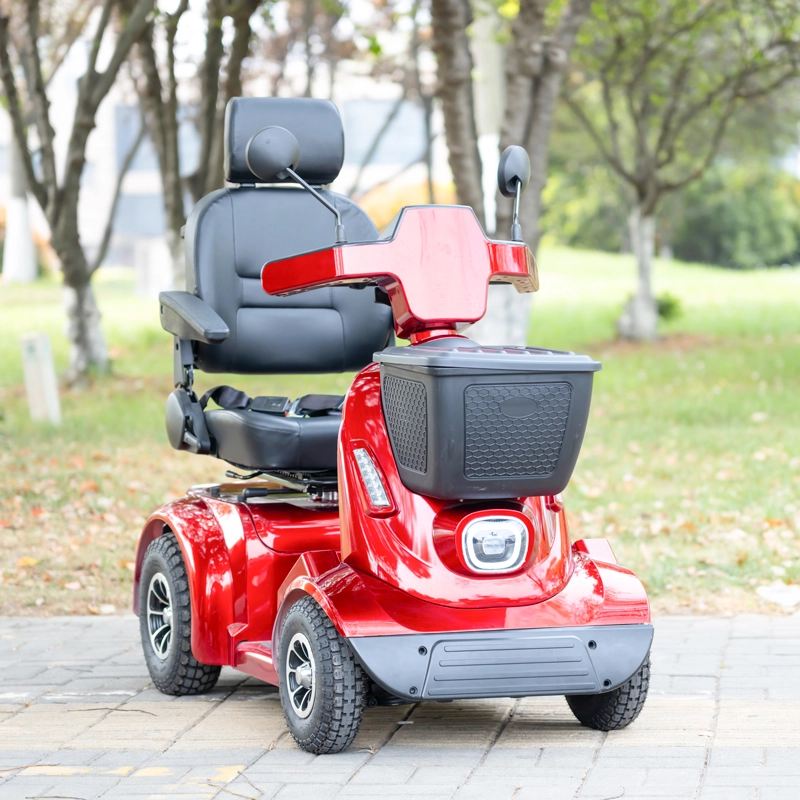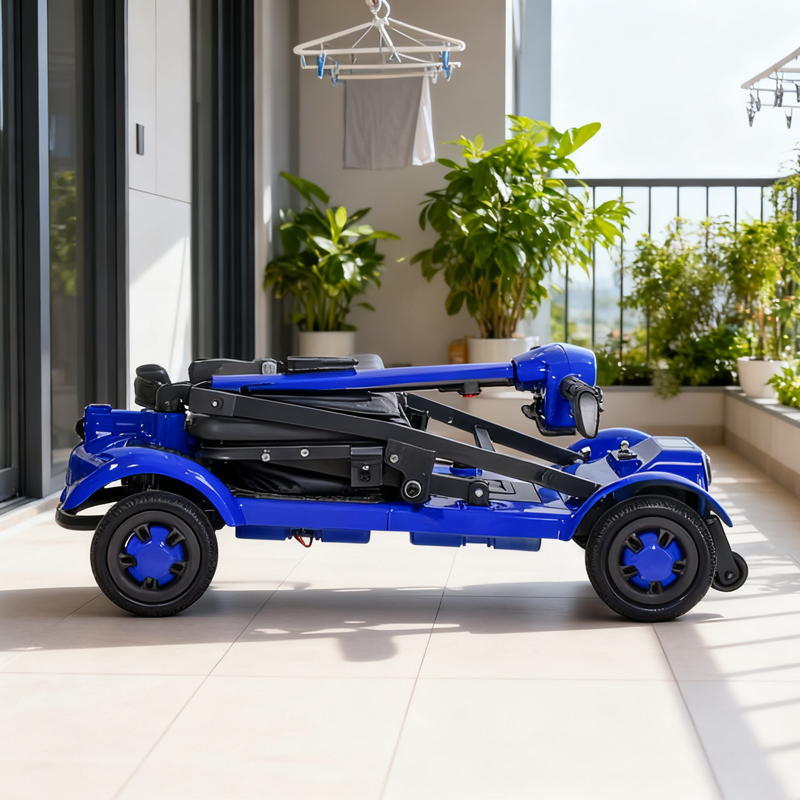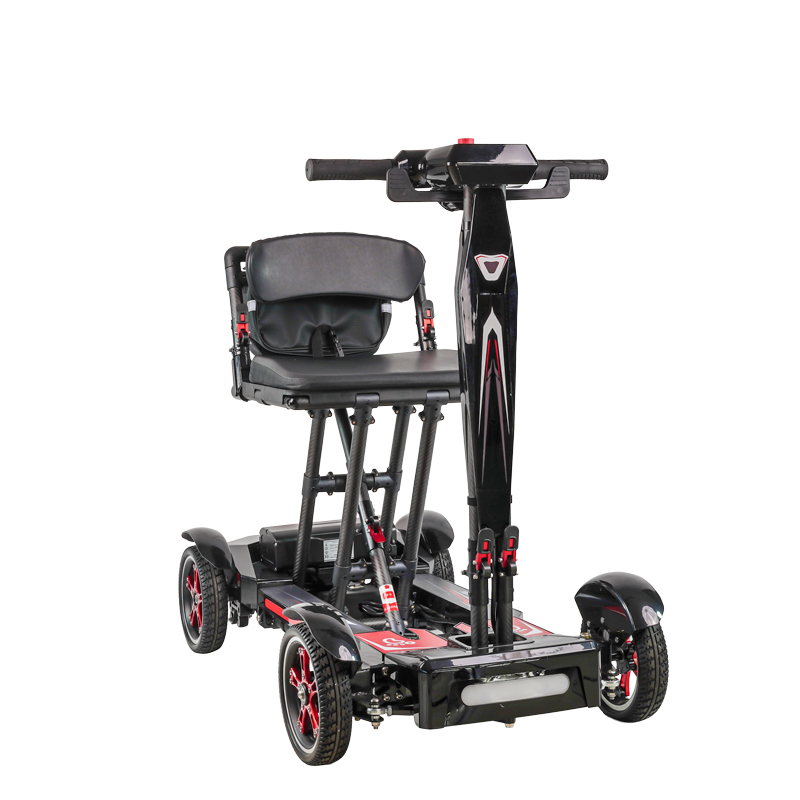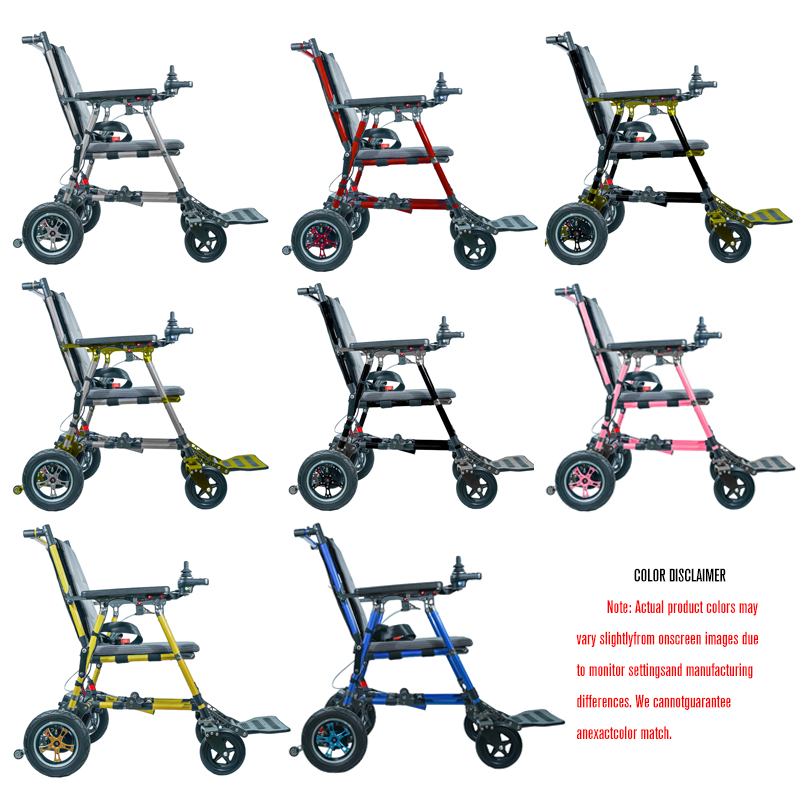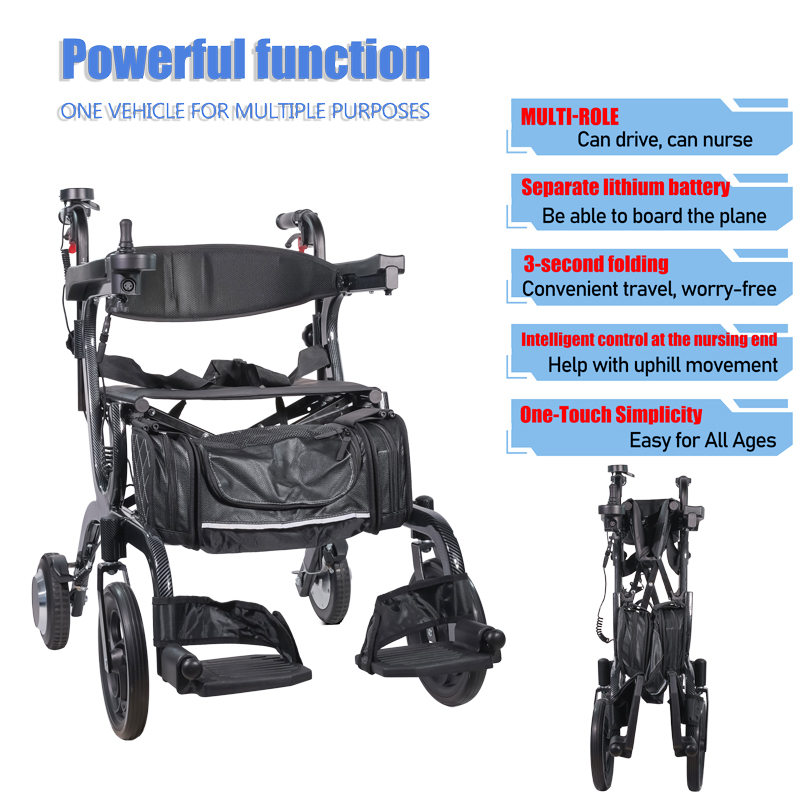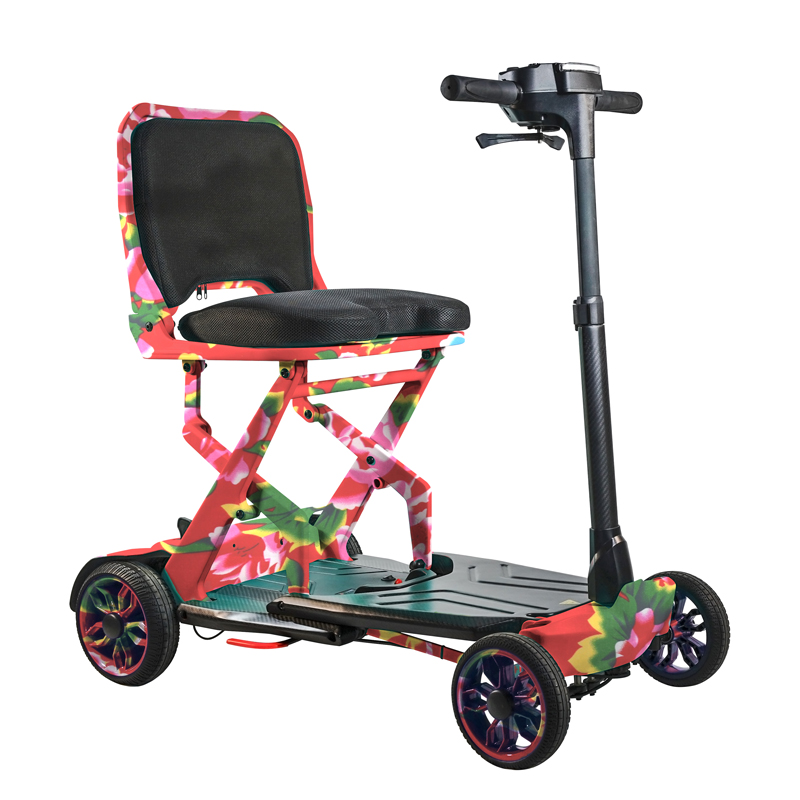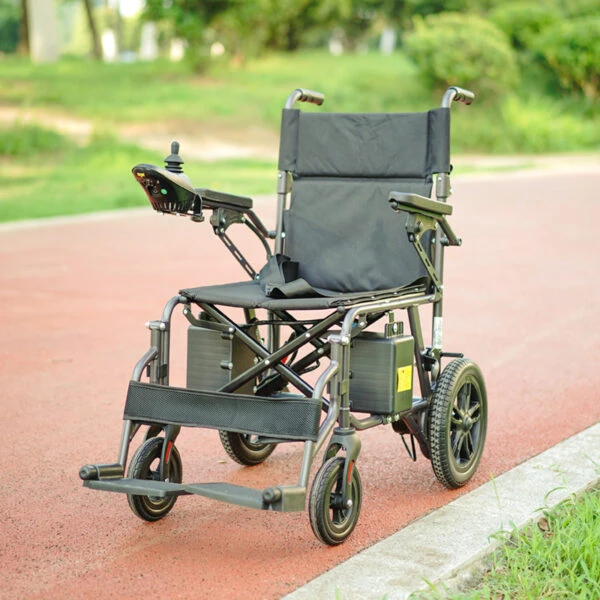Revolutionizing Urban Mobility: The Strategic Value of Lightweight Foldable Electric Scooters for B2B Applications
In an era where sustainability and efficiency dominate business strategies, lightweight foldable electric scooters have emerged as a transformative solution for enterprises addressing urban logistics, last-mile delivery, and workforce mobility. With global demand for eco-friendly transportation surging—projected to grow at a CAGR of 12.2% through 2028 —businesses are increasingly turning to portable electric scooters to optimize operations while aligning with environmental regulations. This article explores how integrating motorized scooters into corporate fleets can drive cost savings, enhance productivity, and meet evolving market demands.
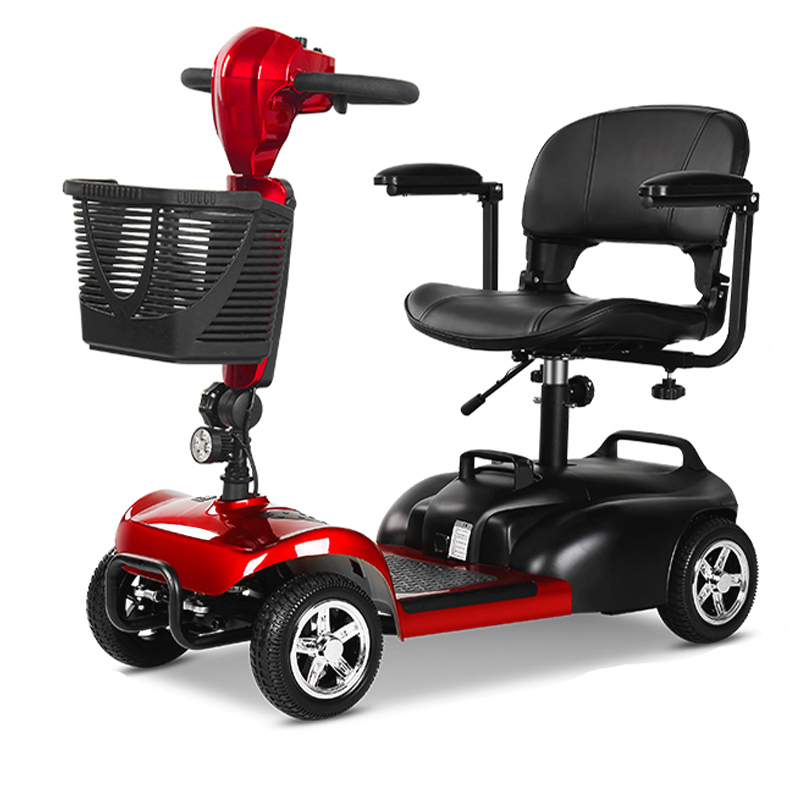
1. Core Advantages of Modern Electric Scooters
- Lightweight Design & Portability: Advanced aluminum alloy frames reduce weight to 17–28 kg, enabling effortless storage in confined spaces like delivery vans or office closets. Foldable mechanisms further streamline logistics, allowing scooters to be transported in standard car trunks or cargo holds .
- Extended Operational Range: Lithium-ion batteries (e.g., 24V6Ah–48V450W configurations) deliver 22–130 km per charge, minimizing downtime for high-frequency delivery teams. Fast-charging technologies (e.g., 4–6 hours for full capacity) ensure uninterrupted workflows .
2. Industry-Specific Applications
A. Logistics & Last-Mile Delivery
Urban e-commerce growth has intensified pressure on logistics networks. Foldable scooter lightweight models, such as those used by Indian last-mile specialists Odysse TROT and Okinawa Dual, demonstrate how businesses achieve:
- 100–150kg Payload Capacity: Ideal for transporting parcels, medical supplies, or perishables.
- IoT Integration: Real-time GPS tracking and geofencing optimize route planning and asset management .
B. Healthcare & Accessibility Services
Hospitals and senior care facilities leverage motorized scooters to:
- Transport medications and linens across large campuses.
- Provide mobility solutions for non-ambulatory patients, reducing strain on staff.
C. Corporate Commuting
Forward-thinking companies deploy scooters in urban campuses to:
- Reduce parking congestion and fuel expenses.
- Promote employee wellness through eco-friendly commuting options.
3. Market Trends Shaping B2B Adoption
- Battery Technology Advancements: Lithium-ion batteries now dominate due to their 40–50% higher energy density compared to lead-acid alternatives, supporting extended ranges and faster recharging .
- Regulatory Incentives: Governments worldwide offer subsidies for EV adoption. For example, India’s FAME-II scheme reduced e-scooter GST from 12% to 5%, accelerating fleet electrification .
- Customization Demand: Businesses prioritize modular designs, opting for add-ons like cargo racks, LED headlights, or app connectivity to tailor scooters to specific use cases .
4. Cost-Benefit Analysis
| Factor | Traditional Vehicles | Electric Scooters |
|---|---|---|
| Operational Cost | $0.50–1.00/km (fuel + maintenance) | $0.05–0.10/km (electricity + low upkeep) |
| Space Utilization | 2–3 parking slots per unit | 1/4th the storage footprint |
| Carbon Footprint | 150–200 g CO2/km | <20 g CO2/km |
Data synthesized from industry reports .
5. Partnering with Reputable Suppliers
Leading manufacturers offer:
- Bulk Order Discounts: Pricing tiers for 50+ units, reducing per-unit costs by 15–25%.
- Global Compliance: CE, FCC, and RoHS certifications ensure seamless entry into EU and North American markets.
- After-Sales Support: 2–3-year warranties on motors and batteries, with dedicated service networks for repairs.
Conclusion
The rise of scooter technology in B2B sectors underscores a shift toward agile, sustainable mobility. By adopting lightweight foldable electric scooters, enterprises can future-proof their logistics networks, reduce operational overhead, and meet stringent environmental standards. As market penetration accelerates—driven by advancements in battery efficiency and smart connectivity—early adopters will gain a competitive edge in an increasingly electrified economy.
For businesses seeking scalable solutions, now is the time to explore partnerships with certified manufacturers specializing in customizable, high-performance electric scooter fleets.
